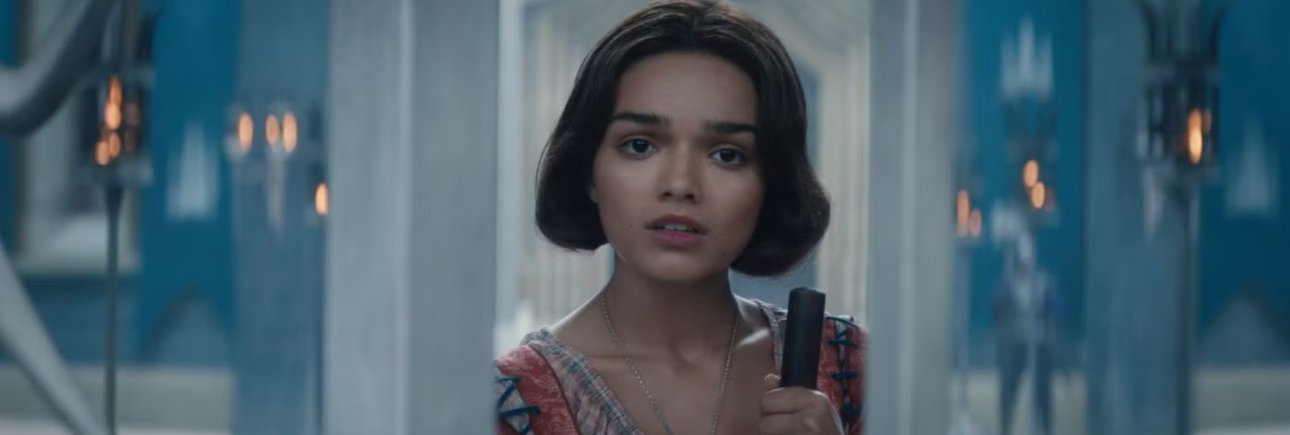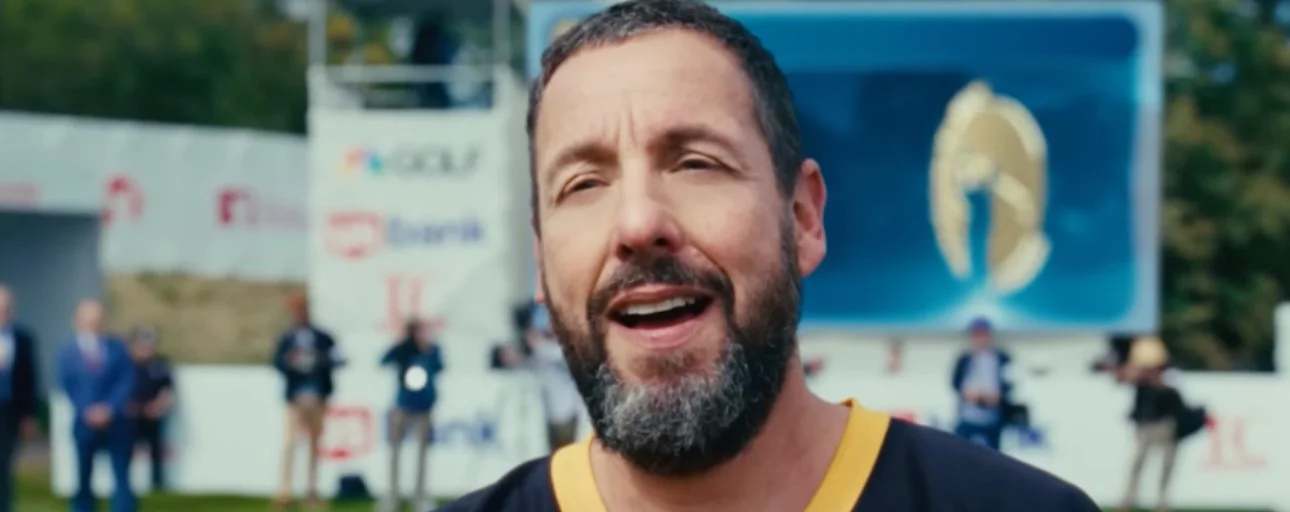I originally wrote this review at Cannes:
Asghar Farhadi has built a career out of making masterful family dramas. With "About Elly," "A Separation," "The Past," and "The Salesman," the Iranian-born writer-director has put his name on the shortlist of world-class directors. I can count these rare and incisively talented filmmakers in less than two hands. So it pains me to be the bearer of bad news that the 46-year-old filmmaker's latest film, the Spanish-language drama "Everybody Knows," is not a bad movie, in fact it's half-decent, but that we've come to expect much more from him. Sometimes, expectations really do dictate how you feel about a film. This is the perfect example, as Farhadi's latest is a whodunit about a missing daughter and her mother, who painstakingly tries to put the clues together to find her.
"Everybody Knows" is set on a vineyard, in Spain. In the first scene, the camera roams inside a steeple, fixating its gaze on the sound of a clock, observing its implacable mechanism. We're initially not sure what to make of this mysterious opener, but the film's plot quickly reveals themes about time passing, buried secrets, and a metaphor of the mechanisms of tragedy. We are quickly introduced to sisters, cousins, nieces, nephews, and old friends, all seen through the eyes of Laura (Penélope Cruz), who has traveled with her teenage daughter and younger son to attend a wedding in farmland.
It’s this wedding that sets the scene for the mystery. Laura reacquaints herself with Paco (Javier Bardem), an ex-beau who she hasn't seen in over a decade. These two clearly share a tumultuous past which is slowly revealed to us in layers by Farhadi. Laura's older daughter, not feeling well, decides to call it a night and crashes in the upstairs bedroom. Not too long after that Laura goes up to check on her eldest, but she isn’t there. The disappearance quickly turns into a kidnapping, with the culprits texting Laura not to go to the police or her daughter gets nixed. They want $600,000 in cash. The problem is that no character in the film is that rich, aside from Paco, who would have to sell his share of the vineyard to save the day.
Even in a film that has been shot outside of his native Iran, Farhadi uses his usual reduced color palette witinh the cinematography to give the film a feel of everyday life. His detractors will tell you that that is part of the problem with Farhadi's films – his theater background has only sharpened behind the camera and there is nothing "cinematic" about his movies. They wouldn't be wrong, but would also be missing the point when it comes to the guy. His films don't need to be stylized. The soberness, uber-infused realism, and lack of flashy camerawork in his very best work (“A Separation” and “The Salesman”) has always been more than enough to suck you into its working-class hypnotism. No, the actual problem that resides in "Everybody Knows" is that it feels too familiar, and sometimes misguided in its attempt to mix love and tragedy: the sordid with the heart-rending. It ends up making some scenes feel a little off.
The beauty with Farhadi is that he doesn't tackle a particular genre with his films, he just tells stories about an Iran that he knows very deeply and precisely. In "Everybody Knows" you can sense his unfamiliarity with Spain, the gestures, the body language, that might make or break an important scene. He loses the societal mordant, the Kafkaesque mechanics that turned his Iranian works into potent masterworks. In those films men and women had to disguise the truth in fear of the country's oppressive regime hammering down on them. In "Everybody Knows" the stakes aren't as high, nor are they as universal.
There's also a fastidious approach to the directing that rather hampers inconsistent tones into the narrative. Since this is, by all accounts, a genre exercise, it would have helped the film tremendously if Farhadi would have given up a little on the loose structure of his previous films and delivered a more concise and tightly screwed film that revels in being a whodunit. [C]






